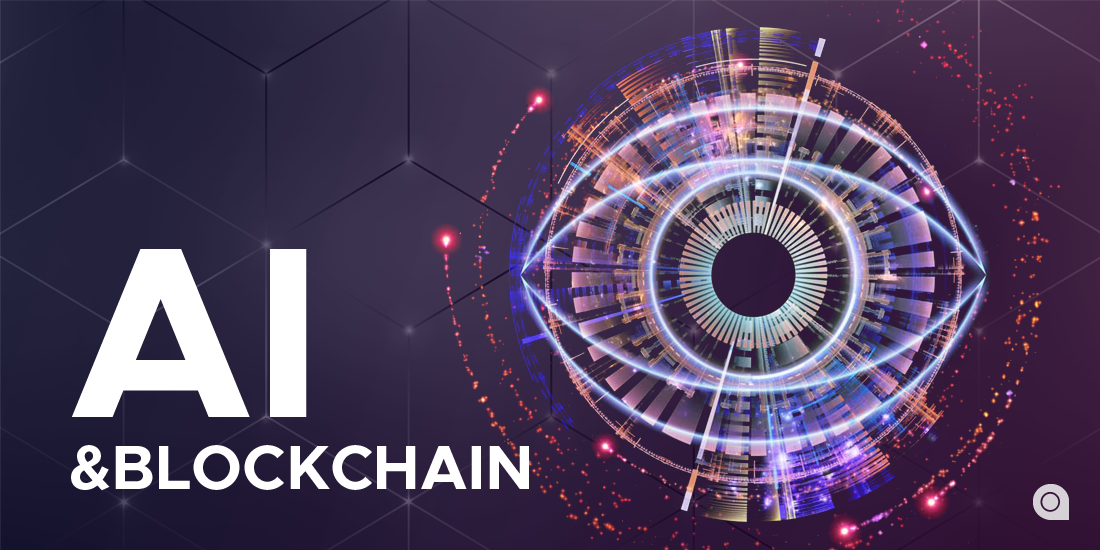2024-09-10 00:00:00-04:00
Biggest Tech Breakthroughs for Businesses in the Last 5 Years

The growth of technology has been an upward journey over the last five years. From AI to blockchain, business operations have fundamentally changed, and with them, new avenues have opened for growth and not just operational ease. A look at some of the most impactful tech developments that have redefined the business world.
1. The Rise of AI and Machine Learning
Artificial Intelligence and Machine Learning have quickly gained status as indispensable business tools. Companies are applying AI to automate routine tasks and improve customer service, among other applications like deriving value from large datasets. For example, machine learning enables predictive analytics, which now drives new ways to make businesses smarter and data-driven.
The AI-powered chatbots have completely turned around customer service by giving instant personalized responses. Companies like Amazon and Netflix rely on algorithms for product recommendations and other content, increasing their improvement exponentially through user interaction and sales.
2. Blockchain's Expanding Role
Though blockchain technology was originally linked to cryptocurrencies, its application widened into more business areas because of its secure and transparent nature. The decentralized structure of blockchain ensures data integrity and reduces fraud risks. Businesses are increasingly looking towards using blockchain technologies to manage supply chains, where the authenticity and traceability of products are ensured.
In addition, smart contracts have made many of the most complicated processes very easy, especially in finance, real estate, and law. Automating agreements is without intercessors, which saves time and unnecessary costs.
3. The Internet of Things (IoT)
IoT has played a huge role in connecting devices and systems to enable businesses to collect and analyze data in real-time. Companies are, therefore, leveraging this internet access technology to optimize their operations for better efficiency and customer experience. For example, in the manufacturing sector, IoT sensors track equipment performance and project maintenance based on machine performance to avert costly downtime.
IoT is also being fully leveraged by retailers for inventory tracking, supply chain control, and personalized customer experiences. Smart shelves and connected devices offer insight into consumer behaviour that enables businesses to tailor experience and satisfaction.
4. Cloud Computing's Central Role
Cloud computing has become so integral to modern business that it is used for data storage and processing and for collaboration, because of scalability and the ensuing economies. On a platform like Amazon Web Services, Microsoft Azure, or Google Cloud, businesses are enabled with powerful resources, but the upfront investment in hardware is not that burdensome.
These cloud-based platforms have enabled rapid innovation: They provide facilities for data analysis, machine learning, application development, and many other applications essential to maintaining businesses in the new digital environment.
5. The Emergence of AR and VR
Over the years, these have been greatly enhanced; AR and VR now offer immersive experiences that mostly revolutionize business operations and customer engagements. AR and VR find their applications in rather diverse fields, from retail to healthcare.
This is because such AR in retail showcases how the products will look in the customer's space before he actually buys the product. Apart from this, it creates immersive virtual shopping experiences. In the healthcare industry, VR, owing to training and simulation, allows doctors and medical professionals to practice anything in a completely risk-free environment. These technologies reshape how businesses connect with customers and train their people.
6. Advancements in Cybersecurity
Business is increasingly going digital, and cybersecurity concepts have become more significant than ever. Over the last couple of years, cybersecurity technologies have improved much to help organizations defend against ever-evolving threats. AI and machine learning have now become key real-time players in the detection and response to a cyber-attack.
One of the most pursued security strategies is the adoption of a Zero-Trust Architecture that allows no user or device to be trusted by default and consequently decreases the chance of data breaches. With the improvement in encryption techniques, authentication techniques have also become more sound, hence protecting data even more.
7. Evolution of Digital Payment
The intensification of using electronic means for payments for goods and services changes transaction processing on a business level. In this regard, contactless payments, mobile wallets, and cryptocurrencies have gained mainstream adoption, giving the ease, speed, and security of making payments.
A popular development in this sector is PayPal slots integrated into online gaming outlets, which have enabled users to make payments quickly and securely using their PayPal account. Seamless integration of digital modes of payment has become an important contributory factor to the growth of many industries.